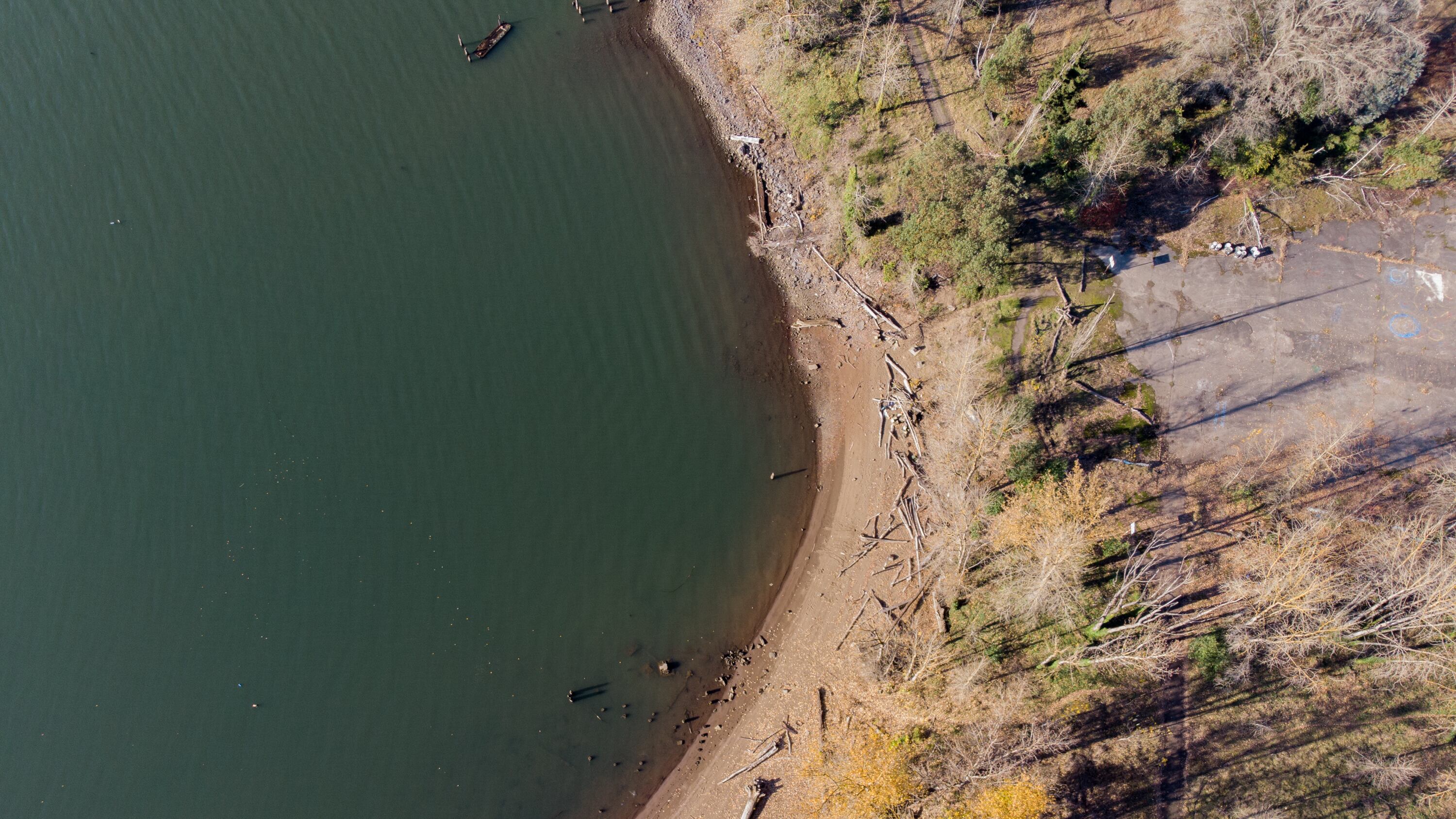$9.9 million: That’s how much Metro has spent of a $475 million parks and nature bond measure that voters approved in November 2019.
Nearly two years ago, Metro presented voters with a pretty good argument: The region’s population continues to grow but the amount of land is finite. “Scientists predict that the impacts of population growth will be compounded by more heat waves and extreme weather,” Metro said in the Voters’ Pamphlet.
The agency did more than a year’s worth of outreach before the measure and gave voters specific dollar amounts for how and where it would spend the money in six areas: $155 million to “improve water quality in local rivers and streams and restore fish and wildlife habitat,” for instance; $98 million to make improvements to existing parks; and $92 million in pass-throughs to 27 local parks districts.
Voters responded enthusiastically, passing the measure 2 to 1.
So what’s happened since the measure passed?
Despite all Metro’s preparation and the urgency of climate change, not much.
Of the $9.9 million spent as of Aug. 31, fully 30%—$3 million—went for bond issuance, legal fees and other administrative costs.
Metro spokesman Cory Eldridge says admin costs are high because it takes a lot of staff time to get programs up and running, but over the life of the bond, they will amount to 10% or less.
One of the bond’s leading supporters would like to see more progress. “We are concerned about the pace at which they have been moving since the measure passed,” says Bob Sallinger, conservation director of the Audubon Society of Portland. “It is far slower than anticipated, even with the challenges associated with COVID-19 and the broader goals associated with this ballot measure.”
What about the rest of the money?
So far, Metro has spent $3.8 million on existing parks, including $1.3 million on Newell Creek Canyon Nature Park in Oregon City and $1.2 million on Chehalem Ridge Nature Park southwest of Hillsboro (both are scheduled to open by year’s end), and $2.3 million to acquire land, including 56 acres in the Sandy River Delta. The pass-throughs to local parks are off to a slow start, with just $271,000 spent—and the “large-scale community vision,” for which $50 million is allocated, has seen the expenditure of just $15,000.
With previous bonds, Eldridge says, Metro made more distribution decisions before passage. This time, that work is happening afterward in consultation with local partners. “Staff is building six new bond programs with entirely new criteria that shift how we do our work,” he says. “It takes time to build programs that center racial equity and climate resilience and to conduct meaningful community engagement in ways that actually shape these processes and programs.”
What is Metro not spending the money on?
As WW has reported (“Buried Treasure,” Dec. 9, 2020), North Portland activists and scores of advocates, including Audubon and the Yakama Nation, want Metro to make good on the cleanup of Willamette Cove, a 27-acre stretch of waterfront the agency purchased in 1996.
Metro told voters that “racial equity is the core of the [2019] bond measure.” Activists would like to see Metro commit to a full cleanup of the heavily contaminated cove, rather than capping some of the toxic waste in place, as the Oregon Department of Environmental Quality has suggested.
The Metro Council is pondering its options. A full cleanup would cost about $2 million more than capping the waste but would allow full public access to the cove. Metro is doing further soil sampling—and more community outreach.
“It surprises me they have been recalcitrant about making decisions and moving forward,” Audubon’s Sallinger says. “Twenty-five years have passed with no value to the public. It’s time to get to a decision and get to a cleanup.”

